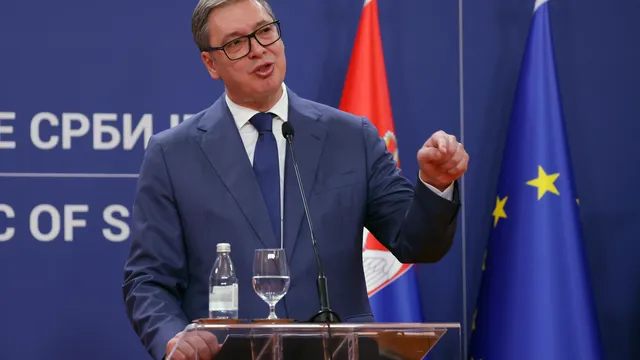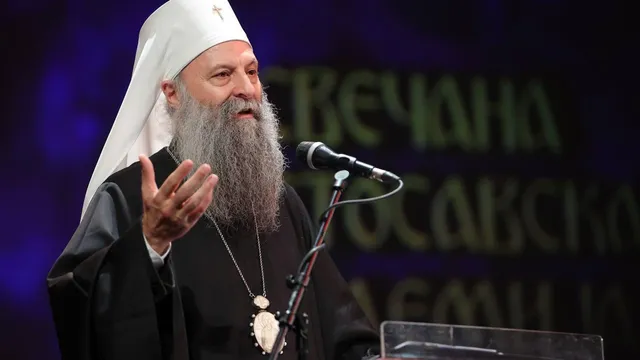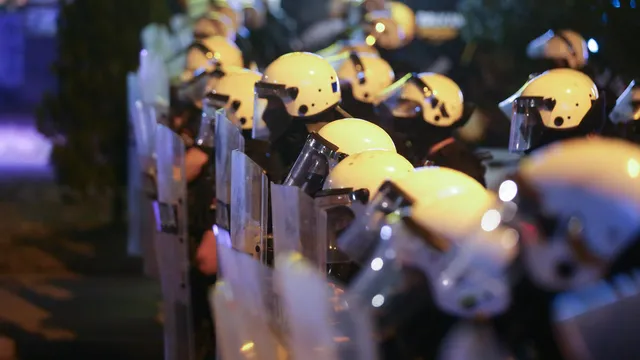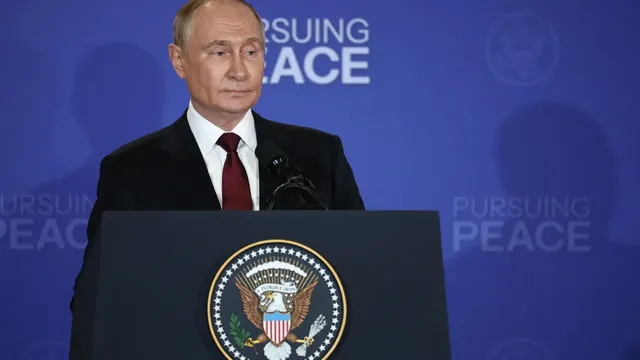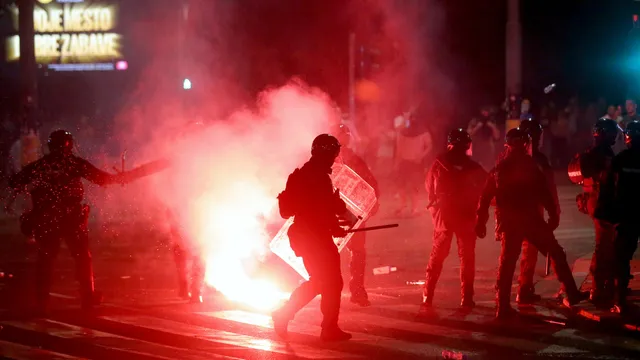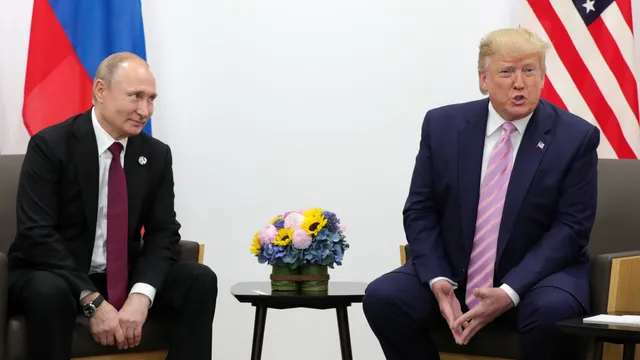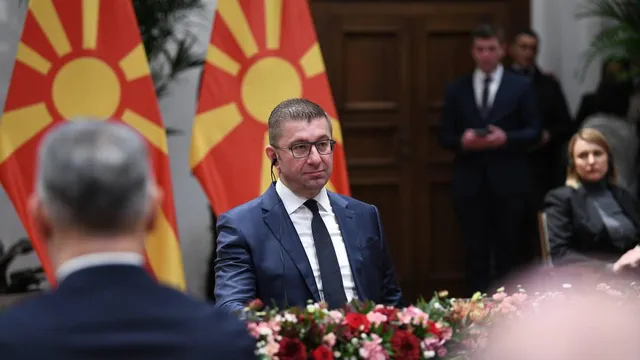Violent nights on the streets of Belgrade, Niš, Novi Sad, Užice, Valjevo, Čačak, Kragujevac... Fireworks, smoke bombs, and tear gas.
Wailing sirens, screams, people running, baton blows, handcuffs, beatings. From his "Caciland" (the camp of Alexander Vucic's supporters, ed.) in the heart of the Serbian capital, Vucic raises the specter of "civil war," while insisting that it will not happen. It seems that no one wants it.
For nine months, the student protest movement, which has turned into a huge civil front, has relied on peaceful means and called for snap parliamentary elections to oppose a regime accused of authoritarianism and corruption, which is now characterized by unprecedented political and economic instability. Elections, not rebellion.
In the pro-government media, protesters are called "gangs" or "savages." But on the streets, it is mainly students and ordinary citizens who are subjected to violence by the gendarmerie and thugs from President Vučić's Serbian Progressive Party (SPS). The case of Marko Kričak illustrates this change. Commander of the former Special Operations Group (JZO, "red berets"), he is accused, according to several testimonies, of beating and threatening students during the demonstration on August 14 in Belgrade.
On N1 television, 22-year-old student Nikolina Sindjelic described physical and verbal abuse in a garage in the government courtyard.
"Police officers and masked individuals beat us with batons and telescopic batons... Most of them were in plain clothes. When they took us to the garage, they made us kneel with our eyes down," she said, adding that Marko Kricak slapped her and punched her against the wall, making sexual threats.
"He said he would strip me naked and rape me in front of everyone," Sindjelic explained.
The Ministry of Internal Affairs disputes these allegations and claims that the arrests were carried out "in accordance with the law."
A new slogan has appeared on social media and in the streets: "We are all Nikolina." For Marko Miletić, editor-in-chief of the Machina portal, these repressions reveal the growing concern of a regime on the brink of collapse.
Dejan Bursac, a researcher at the Institute for Philosophy and Social Theory, believes that "police violence risks exacerbating an already deep political and social crisis."
In Valjevo, about 100 kilometers southwest of Belgrade, the municipal administration building and the prosecutor's office were destroyed, and the offices of the SPP were burned down. Surrounded by senior police and gendarmerie officers, in front of the cameras, the president spoke of "terrorism" and promised "surprising decisions," while the prosecutor's office warned that it would prosecute any attempt to "plunge the country into anarchy"...
The crisis is not only on the streets. Economically, Serbia is sinking. Data from the National Bank, presented by its governor Jorgovanka Tabakovic, paint a grim picture: inflation was 4.9% in July, twice the European average (2%), and foreign investment fell by 40%.
As for GDP per capita, which stands at €12,510, it is three times lower than the European average. According to the governor, the blame lies with a conspiracy, a cruel plan devised by God, climate change, Trump, students... against Serbia and its president.
As usual, Brussels is watching cautiously.
"We are monitoring the situation with concern," said Marta Kos, European Commissioner for Enlargement. A reaction that is considered derisory in Belgrade.
"At a time when the political system has been delegitimized, the only rational approach would be proactive international mediation, accompanied by mechanisms to ensure the implementation of any political agreement," said analyst Fahriudin Kladnicanin.
Without clear pressure from Brussels, the crisis will worsen, with unpredictable consequences.
"Elections are the only reliable way out. The longer they are postponed, the more the unrest will intensify," Kladnicanin said.
The future looks uncertain. In the fall, trade unions are planning to hold a joint campaign with students for the right to strike and reform of the labor code. Blockades continue at universities, and the start of the academic year has been postponed until November. With or without elections, "the fall will be dynamic," promises Chedanka Andrich, president of the independent union "Independence." I BGNES
---------------
Analysis by Jean Julien in the French magazine on the Balkans

 Breaking news
Breaking news
 Europe
Europe
 Bulgaria
Bulgaria
